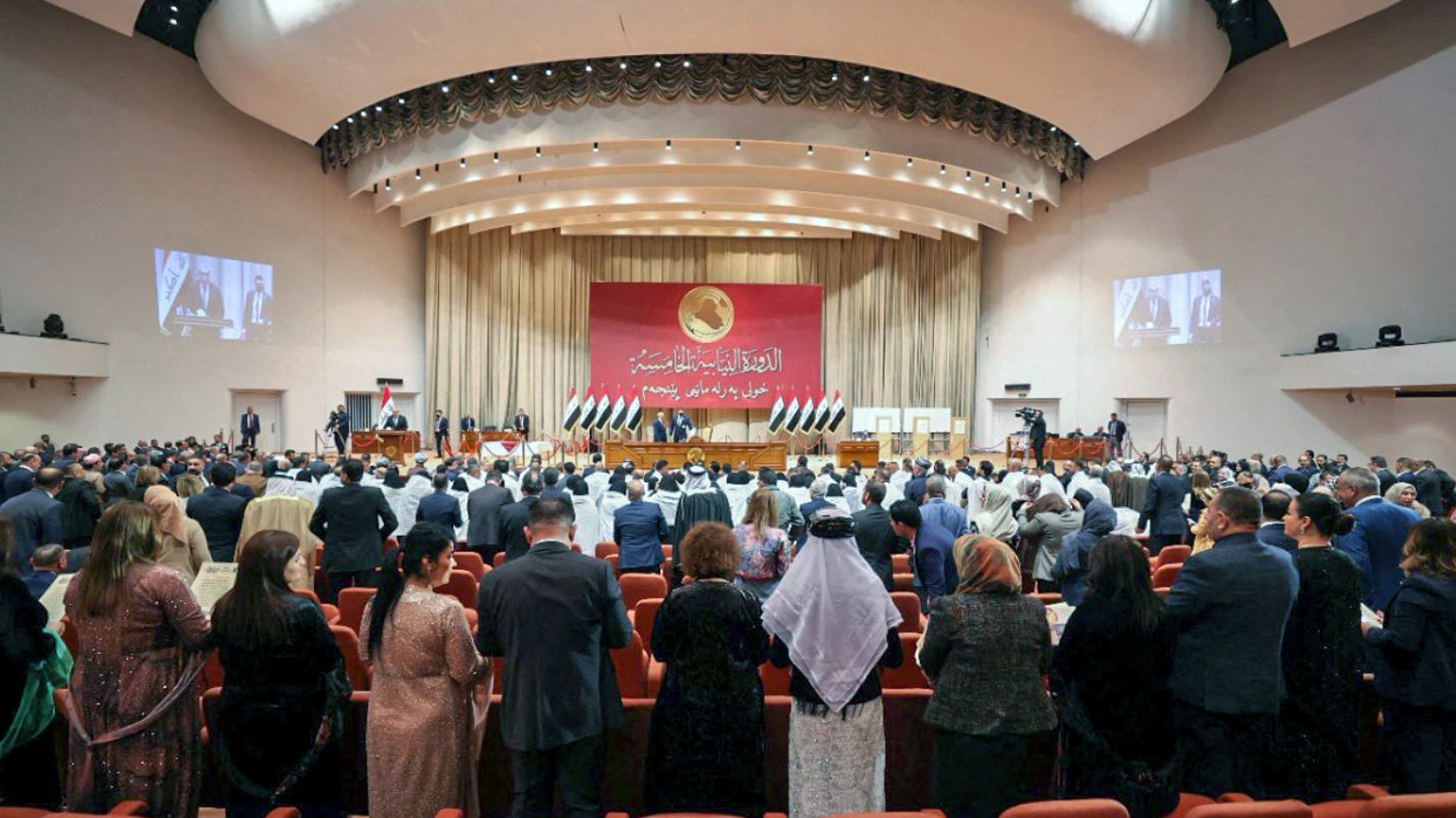Political stagnation grips Iraq: Coalition failures, Kurdish-Sunni concerns

ERBIL (Kurdistan 24) – Almost a year and a half after the formation of the coalition, the autocracy and self-imposition of the Shiite parties, and the negligence toward the Kurds and Sunnis have hindered political progress in Iraq and impeded political dialogue, which formed the basis of the government coalition in Baghdad.
The coalition to govern the state was formed after a bloody internal conflict between Shiite forces, and only with the participation of Kurds and Sunnis in a coalition with the Coordination Framework did the political situation improve.
The three main Iraqi communities each entered the coalition with dreams, visions, and conditions to form Mohammed Shia al-Sudani's government in October 2022. However, after more than a year and five months of self-imposition and violation of genuine partnership, Kurds and Sunnis are concerned about the ruling coalition's performance and its failure to meet their conditions.
The most important Kurdish conditions for the coalition were: a final solution to the salary and budget issues of the Kurdistan Region; amendments to the Federal Court Act; sending the oil and gas bill to the parliament; and implementation of Article 140.
The Sunnis' conditions included the reconstruction of their areas, resolution of their prisoners' cases, issuance of a general amnesty, and withdrawal of armed groups from Sunni areas.
However, the current situation in Iraq indicates that none of the promised conditions have been implemented. Conversely, parties of the Coordination Framework have acted on their own terms, recalling the partnership only when the support of Sunnis and Kurds was needed.
The interference of armed groups and the imposition of Shiite forces in the ruling coalition have prevented al-Sudani’s government from implementing the agenda he promised when he took office.
All this, while the Kurds and Sunnis, despite being the main partners of the Shiites, have been ignored. Also, the Federal Court continues to deliver unconstitutional blows to the interests of these two communities.
Treading into the dark tunnel of dictatorship, dictatorial mentality, and disregard for partnership and the constitution will lead Iraq into an unknown future.
